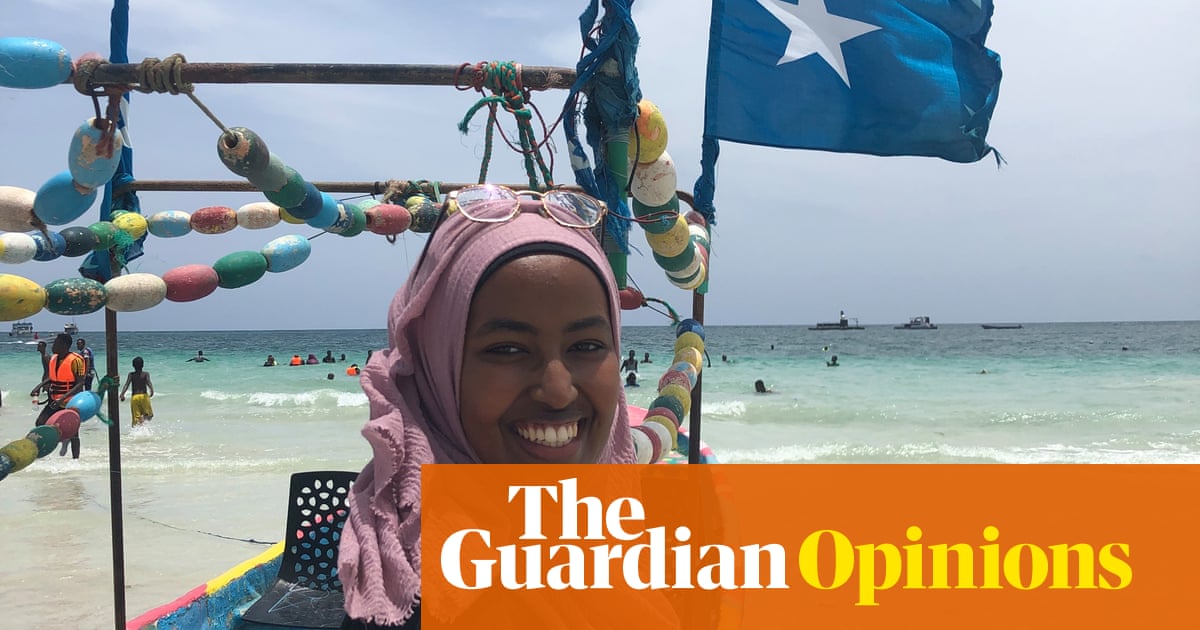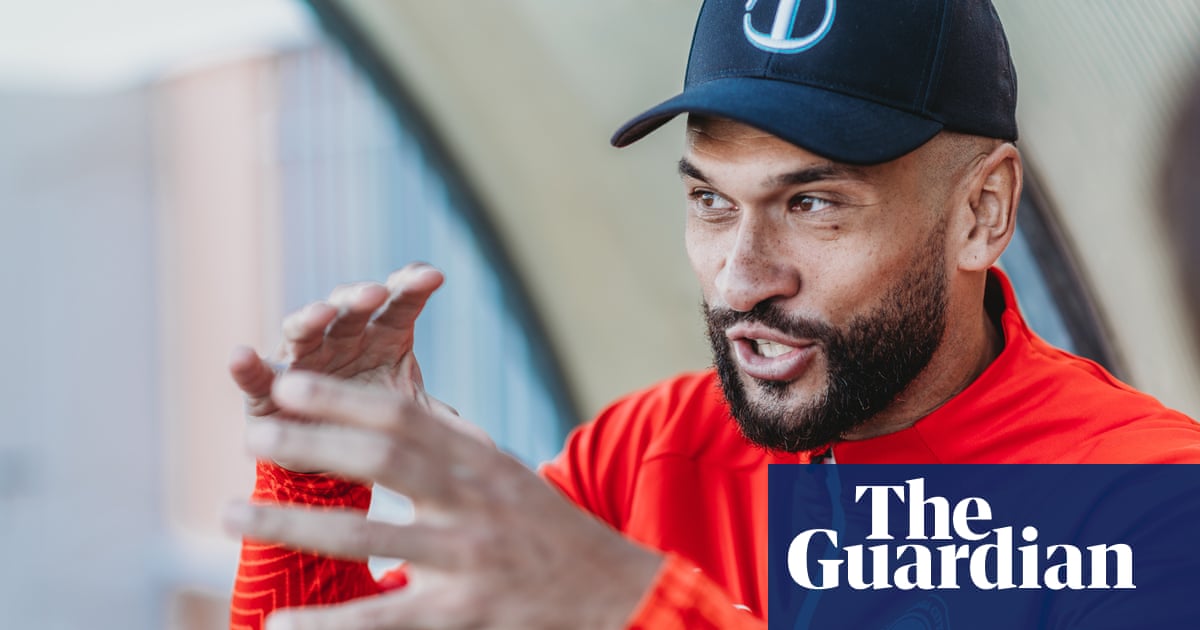
Given it was hailed as a coup when Wolves signed Leander Dendoncker last summer, it was surprising to see him sitting on the bench during the first half of the season. Nuno Espírito Santo is known for rarely changing a winning team but there must have been times when Dendoncker wondered whether moving to Molineux was a mistake. There were even rumors the Belgian would ask to leave in January.
Yet it is not in Dendoncker’s nature to lose his cool. The 23‑year‑old grew up in Passchendaele, a small village known as a first world war battlefield, and he has never been the type to throw his weight around. He used his time on the bench to study how Nuno’s 3-4-3 system worked and made sure he stayed fit and focused. There was no question of him banging on the manager’s door.
“Never,” Dendoncker says. “I guess it’s just not how I am. I’m a quiet, calm person. I was thinking if I don’t play there must be a reason. It was a late transfer for me because of the World Cup with Belgium. I missed the training stage, so that made it a difficult start. Then the team started really well.
“I have played in this system before but every trainer has his way of thinking. He always wants to be well organized, which is very important in this system. I tried to look at the way they played, to see how we worked when they lost the ball and how we worked when we had the ball. Then I just tried to do my thing.”
Dendoncker’s chance arrived when he made his first Premier League start in the 3-1 win over Tottenham on December 29. Comfortable in defense or midfield, he has become a regular since the turn of the year, benefiting from Nuno’s switch to a 3-5-2. Having developed a good understanding with João Moutinho and Rúben Neves in central midfield, he has played a key role in Wolves rising to seventh place after winning promotion last season.
Wolves, who drew 1-1 at Bournemouth on Saturday and host Manchester United in the FA Cup quarter-finals on March 16, are starting to see why Dendoncker is so highly rated. He demonstrated his growing confidence by scoring his first goal for the club in the 3-1 win over Everton this month. “On the pitch I talk a lot,” Dendoncker says. “Maybe people don’t see it. I talk a lot but I never shout.” He is quieter away from the pitch. “I am more of a listener. I observe. There are enough other people speaking. It’s not in my nature to talk straight away – I think I should be humble, because I have just arrived.”
Not that Dendoncker lacks leadership qualities. He came through the ranks at Anderlecht and helped them win the Belgian title in 2017. “The year we were champions, that’s where people saw me as a leader. The year after I was captain – an even bigger responsibility.”
If there is a lack of ego to Dendoncker, perhaps it is because he comes from a tight-knit community. His family used to own a pig farm – they sold it two years ago and his father, Dirk, now works as a bricklayer – and this international footballer smiles as he remembers getting his hands dirty looking after the animals in school holidays. “There were some nice things to do,” he says, pausing for comic effect. “There were also some less nice things to do.”
Dendoncker considers how difficult it was to move to Anderlecht when he was 14. “I came from a small place,” he says. “I think a lot of English people know about it from the war. It’s famous for cheese as well but I’m not really into cheese. Anyway, I came from a small town and went to the capital. That was huge because the mentality is different in Brussels.
“It was a big cultural change. I was homesick. I called my parents three times a day just to hear their voices. I cried a lot. I’d never been away from home before but I think that made me.”
It took a while to understand the shy new kid at Anderlecht. “It was even the way I talk,” Dendoncker says. “We have a very hard accent to understand. When I started to talk in school in Brussels they were laughing. I adapted. I tried to speak in a more understandable way.”
It was just as much of a wrench for his parents to let him move to the big city but they knew it was for the best. Dendoncker’s father gave up a possible football career to work on the farm and he was happy for his three sons to have a ball at their feet. Dendoncker’s older brother, Andres, has played at the lower level in Belgium and his younger brother, Lars, is at Club Brugge’s academy.
“We had some land with maize to feed the pigs,” Dendoncker says. “My father made a small football pitch and me and my brothers would play there. People told my father he was crazy because he would lose a lot of corn. He said: ‘I’m doing it for my children.’ We were there all day.”
Dendoncker is close to his roots but he does not lack ambition. He played alongside Youri Tielemans for Anderlecht and wanted to leave after winning the league. But whereas Tielemans landed a big move to Monaco, Dendoncker saw a transfer to West Ham break down in January 2018.
Now Tielemans is closer to hand in the east Midlands after joining Leicester on loan and Dendoncker plans to meet his friend for dinner soon. Perhaps they will reminisce about being part of the Belgium squad who finished third at the World Cup.
“We expected more because when you get to a semi-final you want to go through,” Dendoncker says. “France played really well. But it was good to win the [play-off] game against England. Finishing third was the best Belgium has had in its history.”The Guardian Sport












